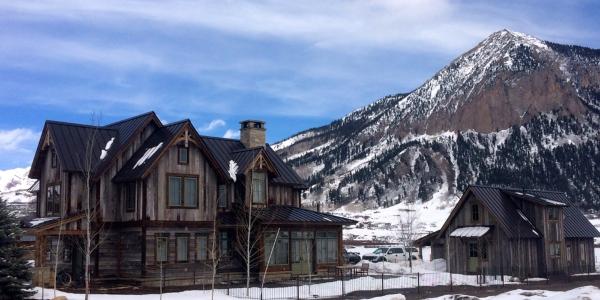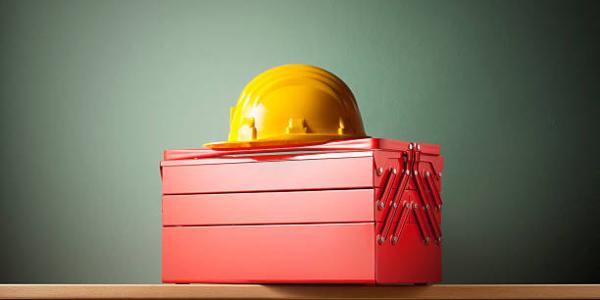UP TO THE MINUTE
Shattering misconceptions about metal roofs

By Drexel Metals.
Quiet, durable and surprisingly low-maintenance — they’re easier, more economical and more resilient than you think.
Metal roofs have come a long way from the noisy barns and warehouses that may come to mind. While some imagine clanging and echoing during a downpour, the reality for today’s residential metal roofs couldn’t be further from this outdated image. Despite a rich architectural history and recent innovations, myths about noise still deter some homeowners from experiencing metal roofing’s undeniable benefits. Here at Drexel Metals we cut through the noise, clear up misconceptions and reveal how modern metal roofing delivers peace, quiet and resilience in every storm.
Why the noisy metal roof is a myth
The myth of the noisy metal roof may have originated from people standing in barns or metal warehouses during a storm. These large, open and uninsulated buildings can amplify the sound of hail or rain hitting the metal roof. Because these buildings typically have nothing to dampen the noise between areas and no way to stop the transfer of sonic energy from the roof to the walls, they can make it seem like metal roofs are inherently noisy.
However, on standard houses, metal roofing works differently. First, houses are not a single, open space. There’s usually an attic space between the roof and the living areas. An attic reduces the noise from any roofing material — especially if it is properly insulated. Secondly, houses have insulated walls, which help stop reverberations from traveling through the whole home. And finally, metal roofing for homes should be installed over decking or roof sheathing and underlayment, both of which further dampen noise. All these differences, when taken together, can mitigate the amount of noise rain, sleet or hail causes when striking a metal roof.
What contributes to a quiet roof
The systems surrounding the actual roofing material often have the greatest influence on roofing noise. As implied above, underlayment and solid decking materials can dampen noise caused by rain or hail. Additionally, a properly insulated attic space can further reduce any noise. An insulated attic also has the added benefit of contributing to a more energy-efficient home (a benefit that is compounded when homeowners choose a roofing color that is rated for cool roofs).
Further, metal roofing systems can be installed over intact shingle roofs. This added layer between the roof and the living areas below can decrease noise for even the most sensitive ears in the house. Likewise, solar panels, which are easy-to-install on standing seam metal roofs, provide another noise-reducing layer to these roofing systems.
Noisy roofs are more than a material
Metal roofing systems are no louder than their asphalt or stone counterparts. This is because underlayment, decking, insulation and home design all work to mitigate the sound of rain or hail striking the surface of any roof, metal included.
Without the worry that a metal roof will become deafening in a downpour, more homeowners can seriously consider the benefits of these systems, including their long service life, sustainability, low-maintenance requirements and enhanced safety.
Original article and photo source: Drexel Metals
Learn more about Drexel Metals in their Coffee Shop Directory or visit www.drexmet.com.





















Comments
Leave a Reply
Have an account? Login to leave a comment!
Sign In